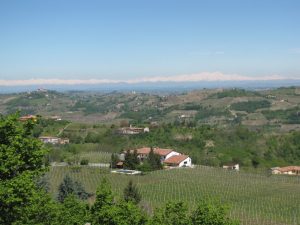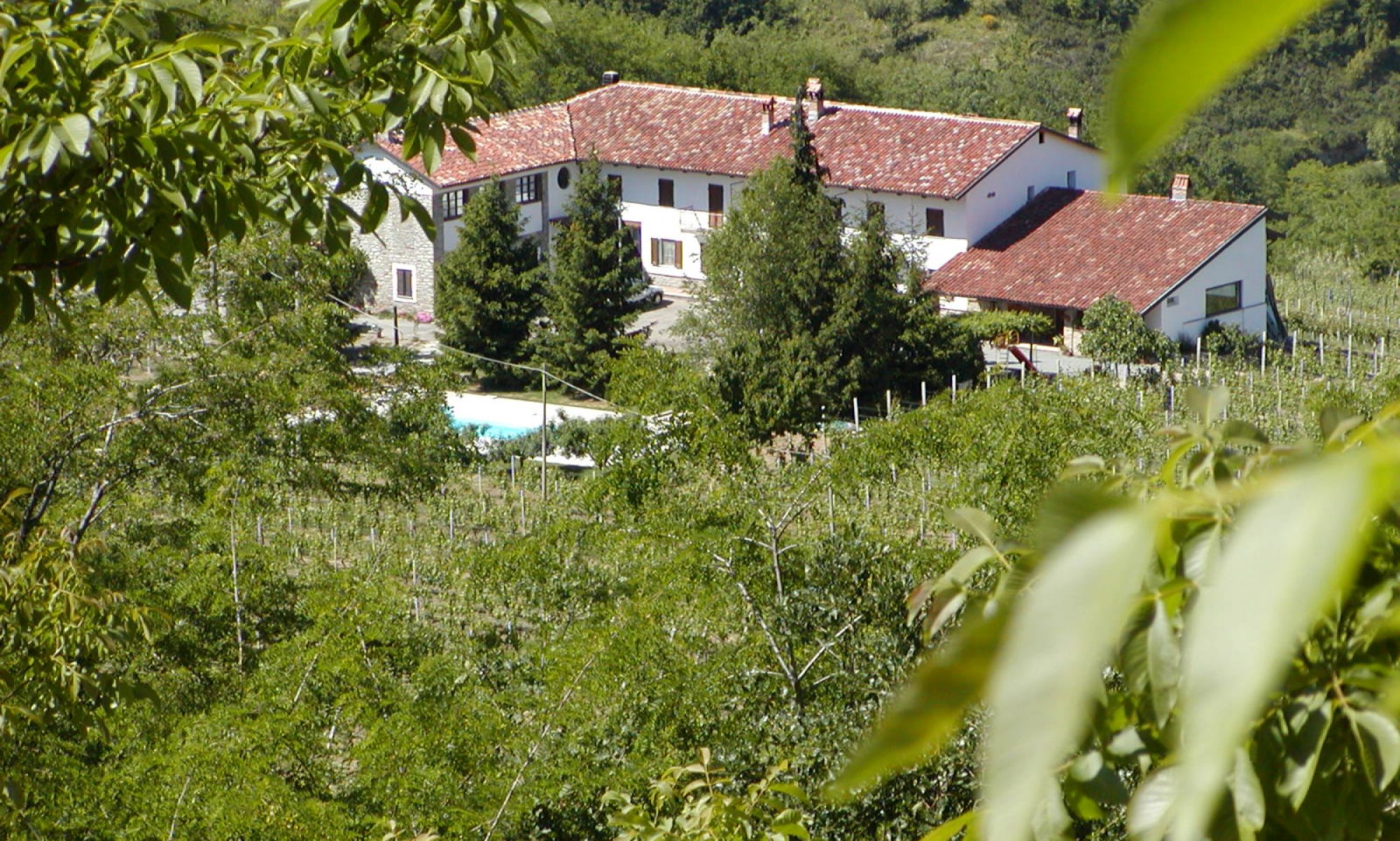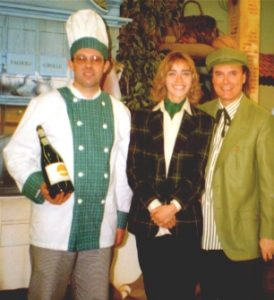 Langa and Monferrato where I live, offer a very suggestive landscape: unique in the autumn symphony of brass and reds, quiet, cool and lush in summer, an explosion of greens in spring. An ideal place to live for at least nine month a year. In winter, I would prefer living elsewhere, I find the lack of vegetation melancholic.
Langa and Monferrato where I live, offer a very suggestive landscape: unique in the autumn symphony of brass and reds, quiet, cool and lush in summer, an explosion of greens in spring. An ideal place to live for at least nine month a year. In winter, I would prefer living elsewhere, I find the lack of vegetation melancholic.
This land is rich in history and tradition, underwent significant hydro geological changes resulting in extremely fertile soil; it is blesses by a mild micro climate, thanks to the mitigating influence of the Liguria Sea only 45km away, and to the hills that break the low quote cold currents coming from the North. A real paradise, which is luckily still relatively unknown. More than a territory this is a mosaic of colours and flavours.
In very ancient time, the sea left a soil rich in marine sediments, with a high percentage of minerals, highly fertile and with a lush vegetation. Intense rain washed out the hills dragging the soil upper layers richer in minerals and natural fertilisers towards the valley until they reach the planes. Belbo, Bormida and Tanaro, three rivers crisscross our valleys flowing on a rocky bed. While the nearby valleys have a very fine sandy soil, always cool and well irrigated, which is ideal for vegetables, fruits, pastures and trees, crops, maize (famous for a typr of polenta, called 8 rows) and forests.
These areas are not prone to wildfires as the land is cultivated intensively with a variety of crops: first of all vines, then forages, fruits, crops, acacia; while chestnut and English oak trees are a plenty, providing an undergrowth ideal for renown truffles, porcino and other wild mushrooms. Acacia honey is excellent. Our chestnut trees produce a very tasty local variety of small size nuts called “Stercere”, ideal, with they rich oils, to prepare a very moist spread. The same trees are very valuable for they precious wood, used for beautiful antique and luxury furniture. Our rivers are rich of fish, such as trout, carp, chub, bleak (amazing when fried and crisp) and eel. Contrary to public opinion, many fishers and hunters did not just thought of filling their game bags, but contributed to maintaining the natural balance of the territory

